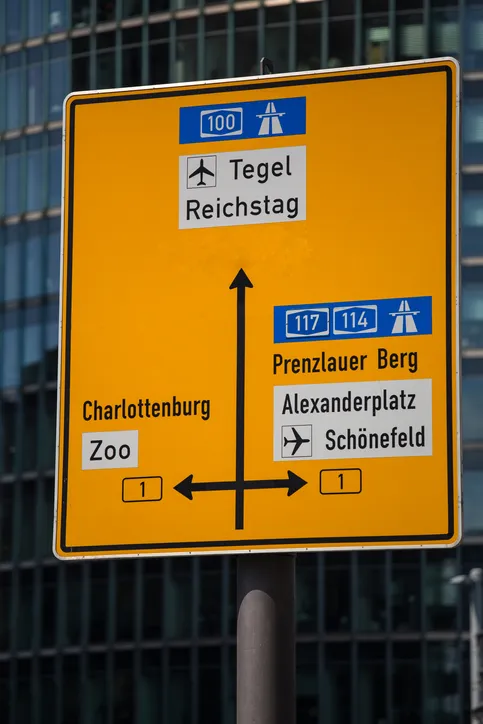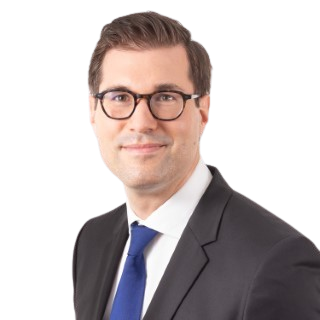Welcome to Justin Stindt Consultants, the international consulting agency specializing in the intricacies of the German healthcare system, Europe’s largest healthcare market. With mandatory health insurance covering approximately 90% of its population, Germany presents a unique landscape for pharmaceutical, medtech and biotech companies. Our team of experts offers unparalleled insights into both the hospital and retail markets, ensuring your products achieve optimal market positioning. From understanding the pivotal AMNOG assessments to strategizing for medical devices and eHealth solutions, Justin Stindt Consultants stands as your dedicated partner. Leverage our deep expertise to unlock key pricing and reimbursement pathways, ensuring a successful market entry in Germany.
Germany's Unique Pricing & Reimbursement Pathways: Initial Free Pricing Followed by Benefit Assessment and Price Negotiations
German Healthcare System: Insights into Prescription Drug Reimbursement and Hospital Drug Pathways
In Germany health insurance is mandatory and about 90% of the population are covered by statutory health insurance. The other 10% are covered by private health insurance. Prescription drugs in Germany are reimbursed in almost all cases unless they are included in a negative list. As a consulting firm, we understand the nuances of the pharmaceutical and biotech market access in Germany.
Germany is separated into two main markets: the hospital market and the retail market. For hospital drugs in Germany, there are two main pathways:
- Out-patient Treatment: when a patient leaves the hospital on the same day of admission, drugs that are used, are directly crosscharged to sick funds and hospitals do not have to cover these by their budget. This means fewer barriers to the use of innovative high-cost drugs in the out-patient setting. Our team of experts can guide you through this process.
- In-patient Treatment: when a patient stays for at least one night and is treated in the hospital, drugs have to be covered within applicable DRGs. This drives significant price sensitivity and is an important barrier to the use of innovative high-cost drugs in the in-patient setting. Many hospitals use tendering and have joined buying groups to negotiate drug prices. There are special pathways for more expensive medicines to be funded, such as the “Zusatzentgelte” (additional funds) for hospitals to secure additional funding, or the “Neue Untersuchungs- und Behandlungsmethoden (NUB)” (new methods), which is a funding source for new diagnostic tools and treatments

For retail drugs, prices need to be negotiated and agreed with the GKV-SV (GKV-Spitzenverband). Our team of consultants can assist you through this process:
- Germany allows immediate commercialization after marketing authorization with pharma, Biotech and MedTech manufacturers being free to set their price during the first six months with full reimbursement and no payback of the difference between the launch price and negotiated refund amount
- Since the AMNOG (Arzneimittelmarkt-Neurodnungsgesetz) new medicines are subject to an assessment of the added therapeutic benefit which is carried out by the G-BA (Gemeinsamer Bundesausschuss) with the support of the IQWiG (Institut für Qualität und Wirtschaftlichkeit im Gesundheitswesen) in month 1-6 after the introduction of a medicine in Germany.
- This is followed by price negotiations with the GKV-SV in month 7-12 after the introduction of a medicine in Germany. If an agreement is reached, the new refund amount will take effect retroactively from month 7 onwards and is published in the German price database Lauer Taxe
- If no agreement is reached in price negotiations, there is an arbitration procedure
Insights into Germany’s Medical Devices Market

Germany is the third most lucrative medical devices market in the world and is regulated by the EU Medical Device Regulation (MDR). It is important to choose the right strategy to enter the German medical devices market in order to be successful. There are significant differences according to the setting of care and the indication:
- For medical devices used in the hospital in-patient setting the principle of “permission with veto right” applies, i.e. new examination and treatment methods can be used here as long as they have not been excluded by the G-BA in accordance with §137 c SGB. Medical devices used in the hospital in-patient setting typically need to be covered via DRGs but there are special pathways for more expensive devices to be funded, such as the “Zusatzentgelte” (additional funds) for hospitals to secure additional funding, or the “Neue Untersuchungs- und Behandlungsmethoden (NUB)” (new methods), which is a funding source for new diagnostic tools and devices.
- For medical devices in the outpatient sector the opposite principle applies, i.e. reimbursement of medical devices in the outpatient sector at the expense of the statutory health insurance system is subject to the so-called permission provision, which means that they may not be used at the expense of the statutory health insurance system unless there is a positive decision by the Joint Federal Committee (G-BA). The CE marking for medical devices, which is essential for market entry, does not imply any reimbursement by the SHI, but it is a mandatory prerequisite. For specific types of devices there are particular pathways e.g.:
- Medical devices with a low material value – so-called practice supplies
- Medical devices that are reimbursable as aids are subject to an additional quality check through inclusion in the list of aids and are subject to different price-based contractual reimbursement rules.
The Impact of the Digital Health Care Act (DVG) IN GERMANY
For eHealth, it is crucial to assess the classification and P&R pathways. With the enactment of the Digital Health Care Act (DVG) in 2019 digital health applications (DiGA), which are prescribed by physicians and psychotherapists, can be reimbursed by statutory health insurance. Other digital innovations such as software or AI based algorithms may fall under the pathways for medical devices described above or could be reimbursed as part of a procedure or underlying reimbursement code.
Justin Stindt Consultants is an Expert Consulting Agency Known for Its Strategic Advice on Pricing & Reimbursement Pathways in Germany

Our consulting agency offers a strategic assessment of the Pricing & Reimbursement pathways for your asset in Germany. This will include an overview of the available pathways and specific recommendations on which pathway would be optimal for your asset. Many pharma, biotech and medtech companies looking for a supplier have picked Justin Stindt Consultants as their service provider of choice for Market Access in Germany.
If you wish to determine the price potential of your product, and are looking for a vendor, our team of experts can develop Pricing & Reimbursement strategies.
If you have any questions about Pricing & Reimbursement pathways – Germany and are looking for specialist advice to help you identify the optimum pathways for your asset, please contact one of our experts.
Meet one of our Strategic advice on Pricing & Reimbursement Pathways Germany experts

Get in touch with our expert
CLIENT TESTIMONIALS



CLIENT TESTIMONIALS





